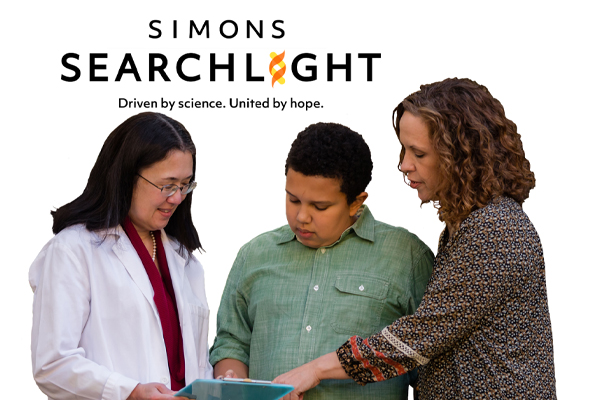Tiger Study
The purpose of this study is to help researchers understand the similarities and differences between people with rare genetic changes like CHD2 and their immediate family members. We hope to use this information to improve the medical care of people with CHD2.
TIGER is a fully remote research study that will take about 15-20 hours of your time. This is our third renewal of the study and it is run by our team here at the University of Washington. The study consists of online surveys, clinical calls over the phone and Zoom, and biospecimen samples from your child who carries the genetic change and both biological parents (if possible).
We will cover any costs of participation, including saliva, blood-draw, and shipping costs. We will also pay each family $100 for completing the study. We are also happy to offer a clinical feedback call with one of our clinicians to discuss your family member and their gene event, as well as a clinical report describing the results of any clinical assessments your child completes.
If you are interested in learning more, please contact our site’s coordinator Conor Miles, who can be reached at conormgm@uw.edu or 206-685-8770
Have you or your loved one been diagnosed with CHD2?
Register hereOngoing Studies



